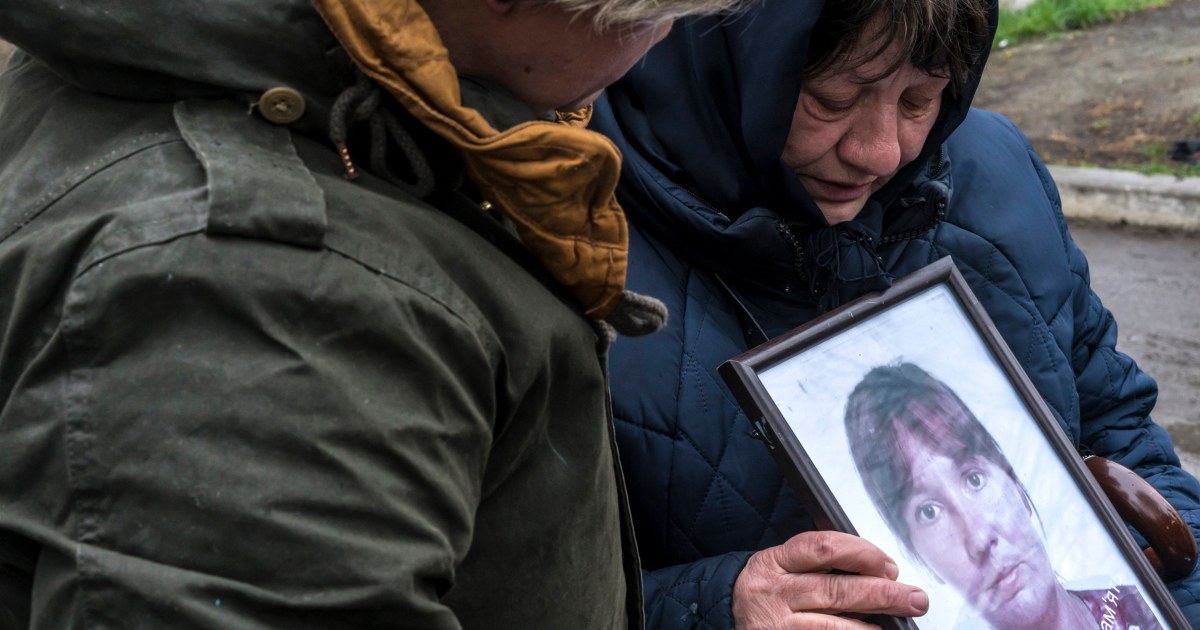
One woman wearing an N95 mask and garden gloves waited outside of a refrigerator truck filled with another 60 bodies wrapped in black plastic bags. She said she was waiting to identify her husband. Another man came by the tent in hopes of identifying a half-dozen dead or missing family members. He left disappointed.
The scene and the work takes a toll on everyone, and the atmosphere is thick with death. Crows fill the trees, and their caws are only occasionally drowned out by the barking of a pack of stray dogs that circle the area.
Kateryna Balabukha, 22, who worked at a day care center until she started to volunteer during the war, served her first day taking down family descriptions Friday. She remained stoic about her assignment.
“I came here because there was a need for people, and I realize that not everyone can do this job,” she said.
That resignation to macabre work runs through many here.
Oleksandr Zamohylnyi, a 63-year-old retired serviceman, spends much of his time these days smoking cigarettes outside a boarded-up grocery store where he works as the head of security.
Russians, who used the store as a base, shot up the windows before they left, he said. They used the hood of Zamohylnyi’s car as a defensive position for a machine gun and the parking lot as a staging area for artillery pieces while he and other Ukrainian employees hid in the basement.
Russians looted the store during Bucha’s occupation. Many of the shelves are empty except for half-finished beer bottles or rotting fruit. Some leftover ice cream has turned liquid in unpowered freezers. Live fish are dead and rotting in their tanks now, their heads rising just above the putrid water. The stench is overwhelming.
Zamohylnyi uses a flashlight as he walks to the second floor, seemingly following a trail of empty vodka, wine, whiskey, beer, cognac and gin bottles to a depraved scene in the employee kitchen area. The floor is covered in champagne bottles and human feces.
He shows a picture of the body he discovered there of a man, his head in a bag, pants around his ankles and bruises around his legs. He had been tortured before the Russians killed him, Zamohylnyi said, and authorities believed he had been sodomized with one of the bottles.
“Then the Russians saw the security cameras and shot up the cameras,” said Zamohylnyi, who noted that the Russians shot up his office while he was inside it when they first arrived. “They then shot up everything and all these windows, too.”
While investigators work to identify possible war crimes amid such carnage, many residents are contending with a more existential question: Will they ever be able to call Bucha home again?
Once a happy and comfortable suburb of Kyiv, Bucha now has many homes that are just piles of cinderblock, while portions of apartment buildings are blackened by missile strikes — the windows now just gaping wounds, begrimed by ash and explosives.

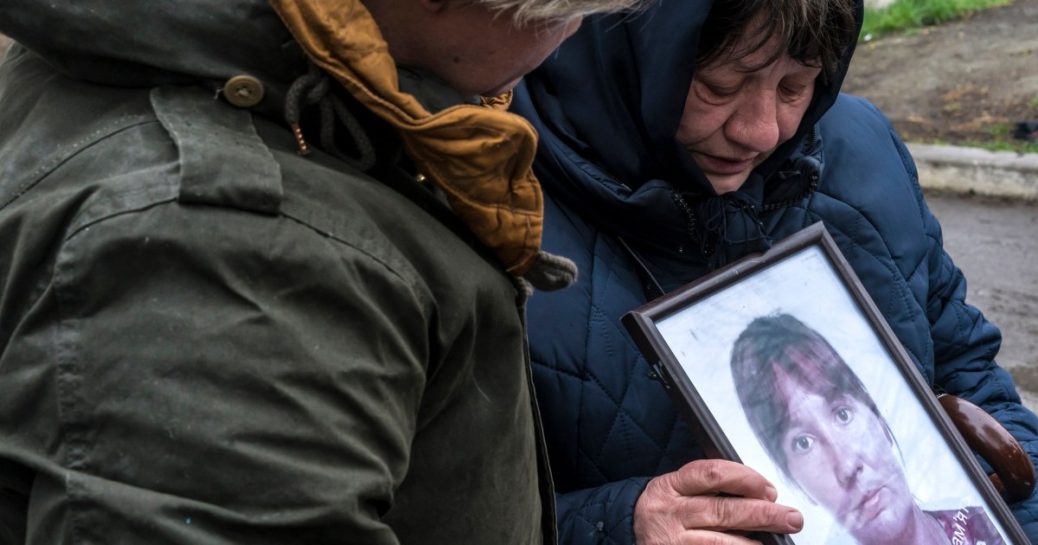
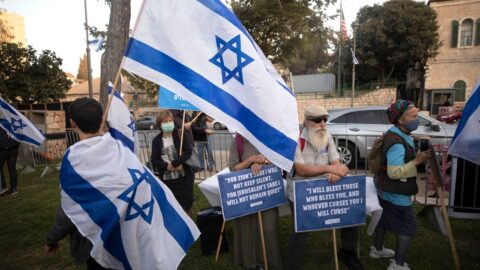


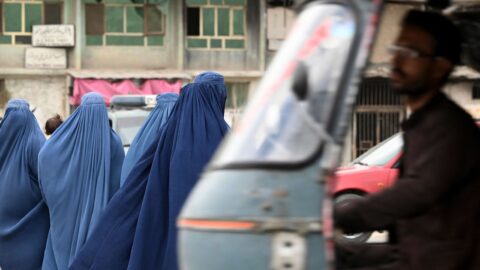
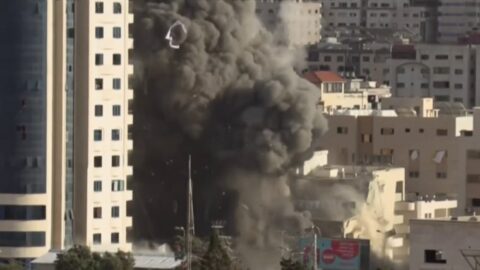
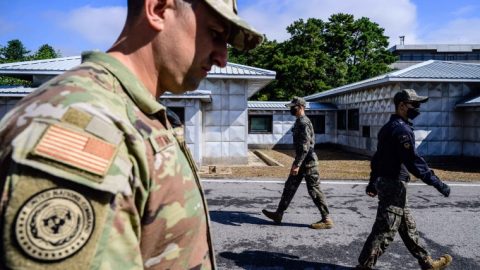


Recent Comments